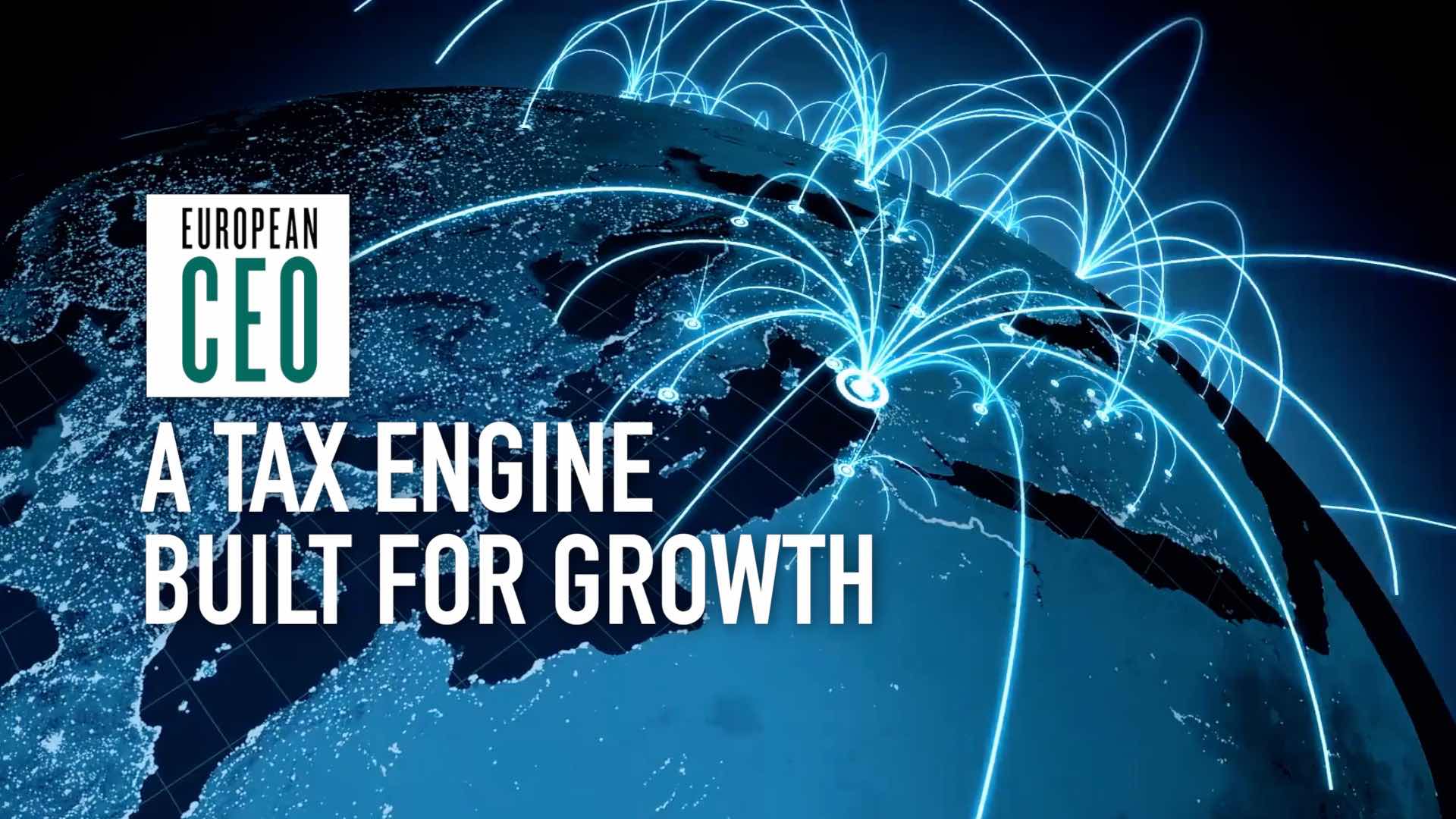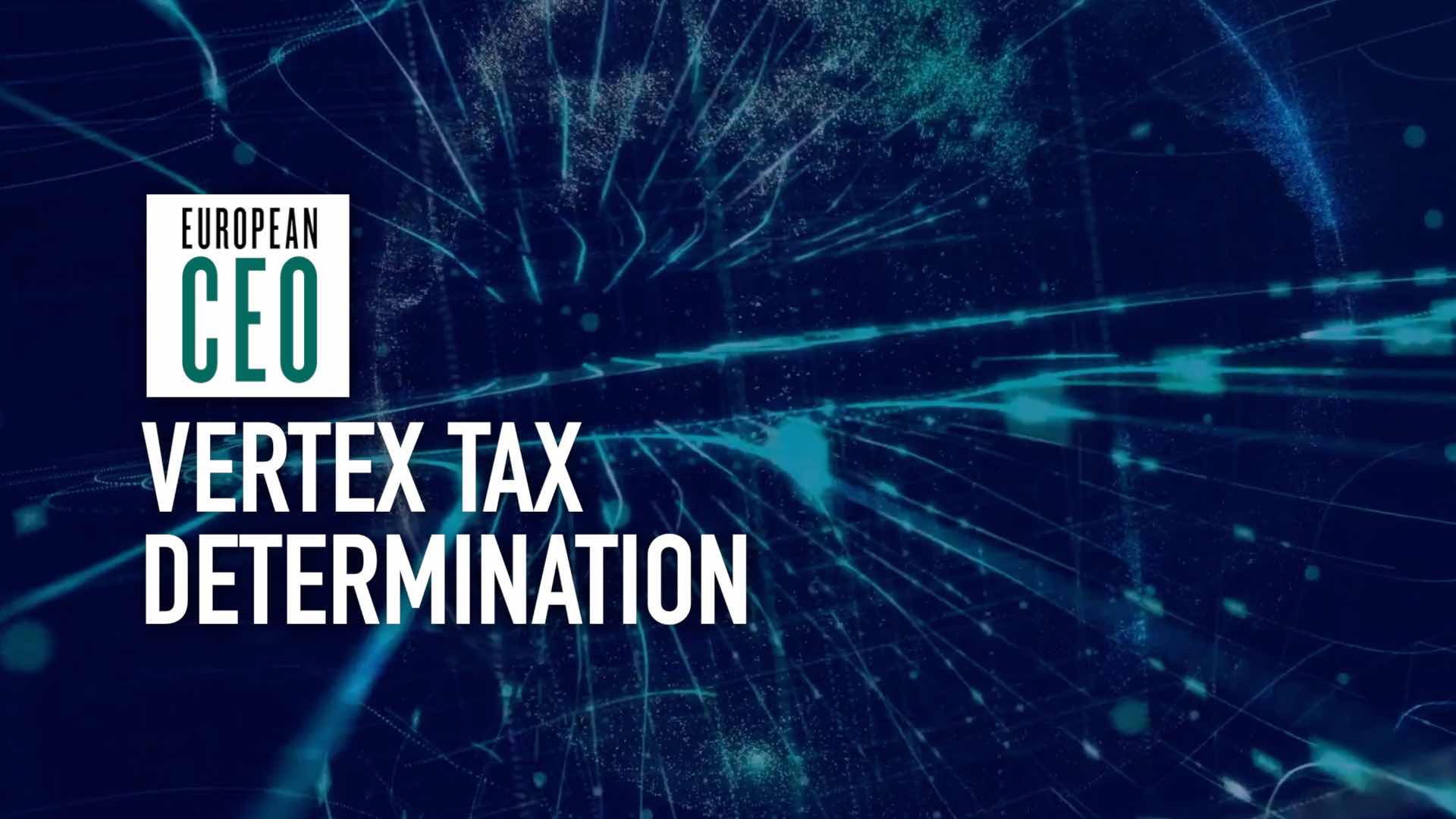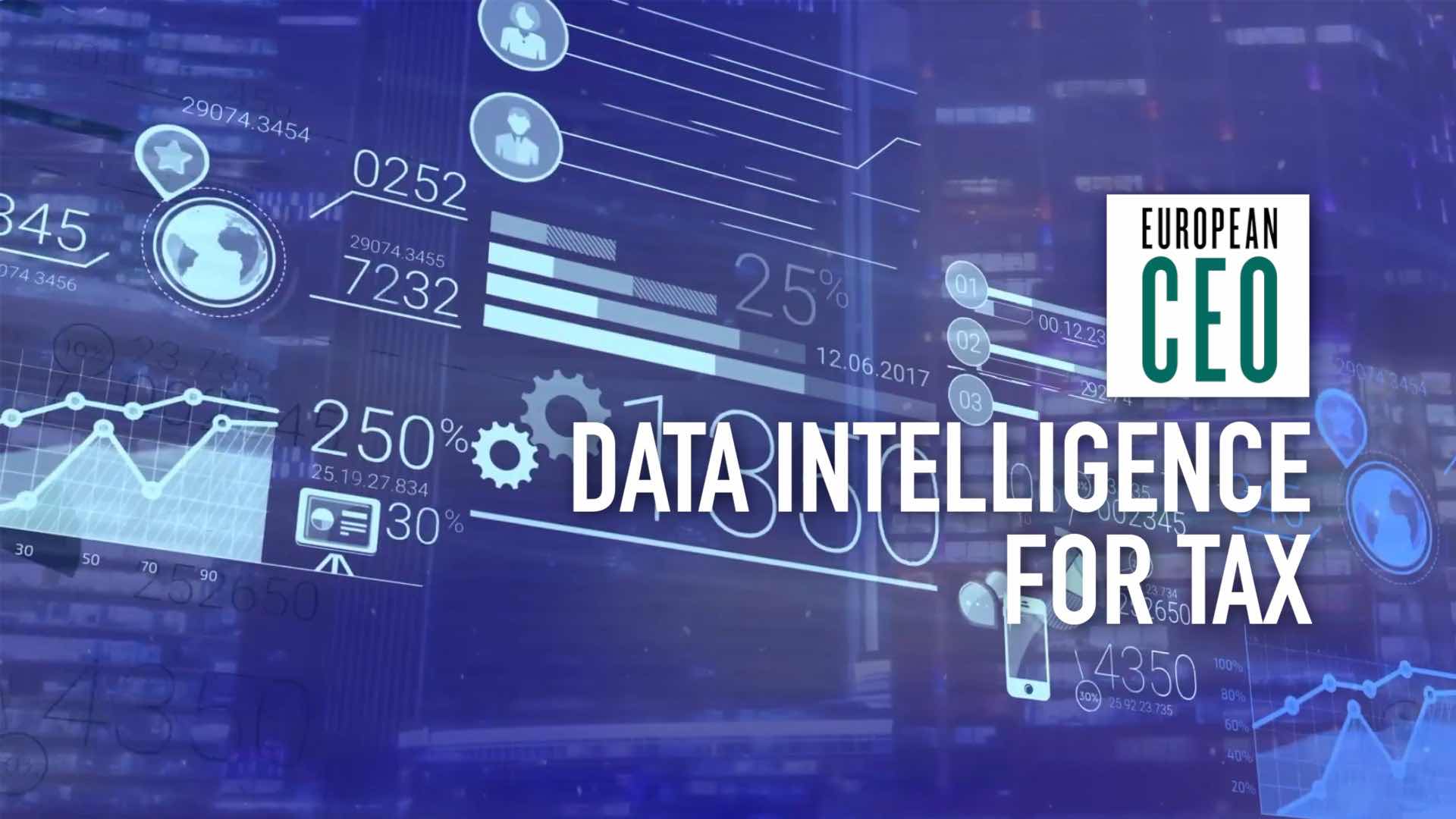RSM International: Innovation begins with culture and collaboration
Jean Stephens and Gregor Schmidt discuss the future of the middle-market audit, tax and consulting network
Transcript
RSM International is a leading middle-market audit, tax, and consulting network. 2018 was the fifth year of consecutive growth for RSM, but with global uncertainty and change accelerating, what do the next five years hold? CEO Jean Stephens discusses the opportunities and challenges for the businesses RSM supports, and European Regional Leader Gregor Schmidt explains how the network is transforming its offering with innovative new technologies. RSM International also significantly grew its operation in China recently – in the second half of this interview, Jean Stephens discusses this move.
European CEO: I’m with Jean Stephens and Gregor Schmidt from RSM International – the leading middle-market audit, tax and consulting network. 2018 was the fifth year of consecutive growth for RSM; but with global uncertainty and change accelerating, what do the next five years hold?
Jean, let’s start with that uncertainty; what opportunities and challenges are there for middle-market businesses in Europe – and for RSM?
Jean Stephens: Thank you Paul. Certainly in any time of uncertainty there are many, many opportunities.
When you think about Brexit, you think about regulation, you think about the economic environment through to the political environment, recessions coming up; it doesn’t always make for happy reading or listening. But where there’s that uncertainty, there’s also opportunities for that.
Whether it’s advisory in terms of growth strategies, expansion strategies. Transfer pricing, tax issues. Certainly audit, accounting. All of that comes into being in growing dynamic companies.
And RSM members throughout Europe – and in fact, throughout the world – are ready and able to assist our clients as they’re growing and manoeuvring their way through these uncharted territories.
In these times of change, certainly for us it’s very important that we take innovative ways of talking to our clients and working and listening and hearing their ambitions and their challenges. And then connecting them globally; we have over 40,000 people around the world, in almost 120 countries, to help those middle-market businesses.
European CEO: Now Gregor, as regional leader for Europe, what are your priorities in developing this region?
Gregor Schmidt: Jean mentioned one very important initiative already: and innovation has become more and more important, especially for Europe, where labour costs are high.
At the same time, where does innovation start? Actually it starts with the people, and we’ve put a lot of focus on our culture right now. To build the culture that makes everyone feel valuable in our organisation.
We have to stay agile, and that means to not only respond to the changes, but also to foresee the changes, and to help our clients to prepare for the future.
One example actually is in Hungary, where businesses now have to transfer data in real time to the tax authorities, and they have to connect to their ERP system. We’re helping on that, and we see a roll-out, so, Hungary was just the start: other countries are following.
Another example is blockchain: RSM Spain is helping its clients to have a better look at their supply chain, to make sure that they’re compliant with their corporate social responsibility policies. We’re rolling that out of course, and that’s very important, very helpful. Not just for our clients, but also in general to contribute to the future of the world.
European CEO: Another area that’s changing rapidly in Europe is cyber-risk; how are you starting to see this impact your clients?
Gregor Schmidt: With increasing digital transformation, of course the number of cyber-attacks does also increase. That goes hand-in-hand.
And actually based on a recent survey we commissioned, we see that around 80 percent of European middle-market businesses assess digital transformation as a key part of their business strategy. But at the same time, 21 percent of those businesses do miss a cyber-security strategy.
Nowadays knowledge, data, information, is becoming the power, actually. You have to make sure as an organisation that you keep your data and intellectual property safe. And we are very close to our clients to advise them, and to make sure that we are together able to prevent being attacked.
Jean Stephens: And I think in this changing world, what we hear is: it’s not if, it’s when. And there are many ways for breaches to happen. So that pre-emptive planning, thought, work, really is absolutely critical. And that’s what we’re working on with our clients.
European CEO: So yes: lots of risks for businesses to be aware of, but lots of opportunities for experienced partners to help them. Jean, Gregor: thank you both so much.
Jean Stephens: Thank you, Paul.
Gregor Schmidt: Thank you.


 Vertex tax technology: How Siemens sought (and found) a tax calculation engine built for growth
Vertex tax technology: How Siemens sought (and found) a tax calculation engine built for growth Vertex tax technology: Global tax determination at speed and scale
Vertex tax technology: Global tax determination at speed and scale Vertex tax technology: Data intelligence for tax
Vertex tax technology: Data intelligence for tax